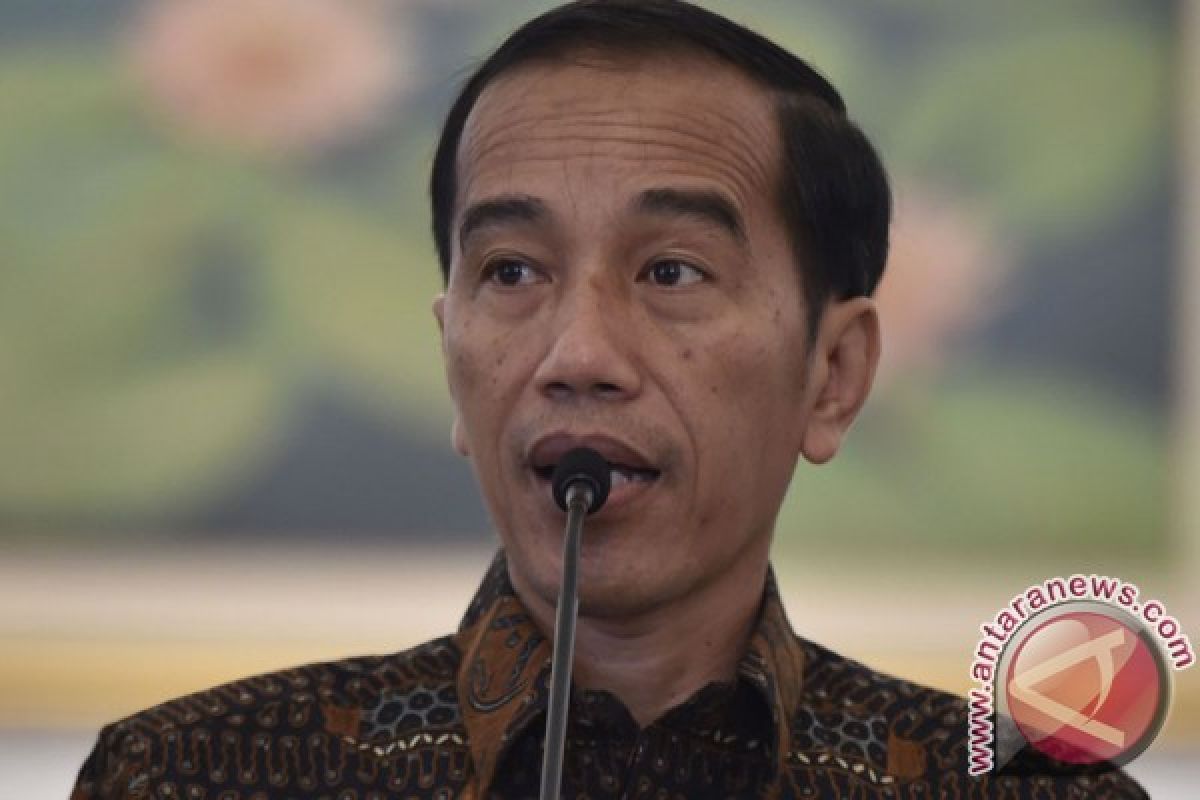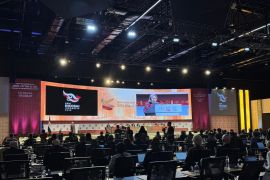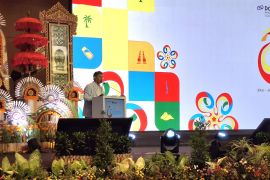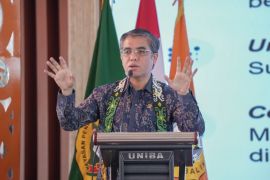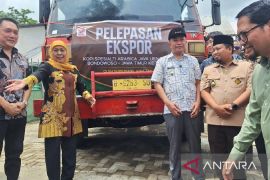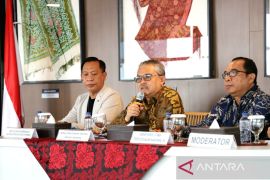"If we look at this field, young people are now entering into e-trade, e-commerce and digital economy, all of which are not part of the formal sector," the president told the media in Bogor District, West Java, Friday.
According to the president, a number of community members utilize digital technology to promote their respective products.
The work of the young Indonesians, according to the president, has not been assessed as formal employment.
"They are creating system applications for ordering products, such as farmers` products, village products and SME products. Many who are active in this sector are our young people," noted the president.
In addition to this, the president stated that a number of newly opened projects and companies through fresh investments could also increase the formal employment in the country.
Earlier, on the anniversary of Youth Oath Day on October 28, the president invited a number of young men who have MSMEs and are founders of creative communities to visit the Presidential Palace of Bogor.
They were from various backgrounds, such as motorcycle assemblers, founders of SMEs on food and beverages, as well as successful community members, such as Skateboard Indonesia, badminton athletes and musicians, who enlivened the event.
It was earlier reported that the government would impose a tax on e-commerce transactions to avoid gaps between conventional and digital business operators.
"For cross-border trading, for instance, we will also impose an import duty, value-added tax, income tax and others. The essential point is neutrality and treatment. If we impose a tax on offline (trading), the same will also be applicable for online," Deputy Finance Minister Mardiasmo had explained here, Tuesday (Dec 12).
According to Mardiasmo, the ministry is formulating a mechanism to impose a tax on electronic transactions to create a level-playing field for conventional and digital businesses.
"E-commerce is a wide area of business, both tangible and intangible. We are formulating this, and hopefully, we will be able to issue it soon," he added.
The government has reiterated that the imposition of tax on electronic transactions would be increasingly related to its methods, rather than being a new tax imposition, as the mode of transaction has changed from conventional to electronic.
Mardiasmo stated that the policy would enable the authority to record online economic activities and increase the taxpayers` compliance.
The ministry is planning to apply an import duty on intangible goods in 2018. Intangible goods will also include e-books and software.
The ministry has studied the plan to impose an import duty on intangible goods, with regard to its mechanism and to detect the transactions.
"Goods such as books, cassettes and magazines will have import duties. Now, when we download e-books and CDs, an import duty will be levied on them. It is fair treatment," Mardiasmo stressed.
(T.A014/A/KR-BSR/A/H-YH)
Reporter: antara
Editor: Heru Purwanto
Copyright © ANTARA 2017
